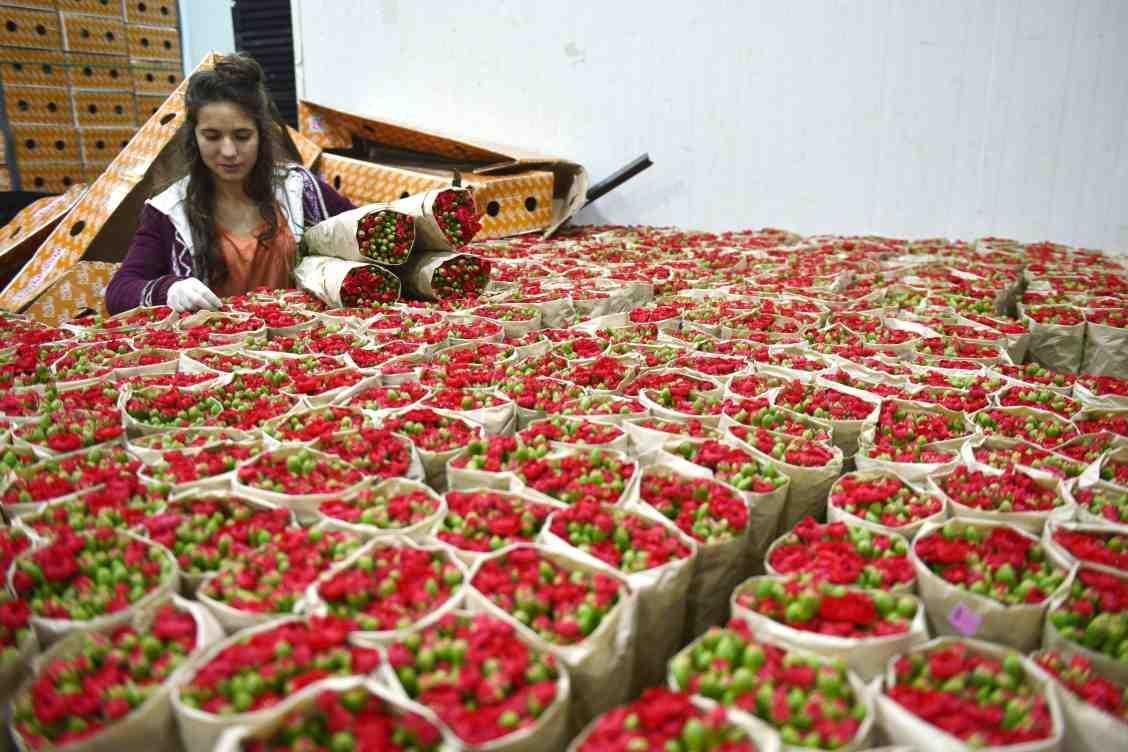'Carnation export revenues may boom with better marketing'
ANTALYA

According to sector representatives, Türkiye, which currently supplies 80 percent of the world's carnation needs, has the potential to generate significantly more revenue from manufacturing with more sophisticated marketing strategies.
Producers in the southern province of Antalya export flowers to 33 countries in Europe, especially the Netherlands.
Carnations account for 80 percent of the export market, followed by ranunculus and dianthus barbatus flowers with 10 percent collectively, and gerbera, solidago and other flower varieties accounting for the remaining 10 percent.
Every year, 1 billion branches of cut flowers, including 600 million branches of carnations, provide $165 million in foreign currency to the national economy.
The carnations grown in the greenhouses in the Mediterranean province of Antalya's Kepez district are highly preferred for special occasions globally, especially for New Year's Day, Valentine's Day, Mother's Day and Women's Day.
Commenting on the situation at the sectoral analysis meeting in Antalya, Ali Çandır, chair of the Commodity Exchange in Antalya, stated that due to the inflation and the rapid increase in labor and production costs, 90 percent of the plantation areas in the city are rented, so more advanced systems cannot be established in these areas.
Though Türkiye is considered as the world leader in clove production, the country has substantially failed in marketing, Çandır said, adding that Antalya is advantageous in terms of transportation, and if the producers can organize together and come up with better marketing tactics, there is still hope for the sector to head straight for the top in terms of revenues as well.
Osman Bağdatlıoğlu, one of the industry's producers, noted that even though Türkiye meets 80 percent of the world's demand for carnations – the remaining 20 percent of products are priced 40 percent more expensively – and despite that the nation fails to produce and sell ornamental arrangements of those flowers.
















